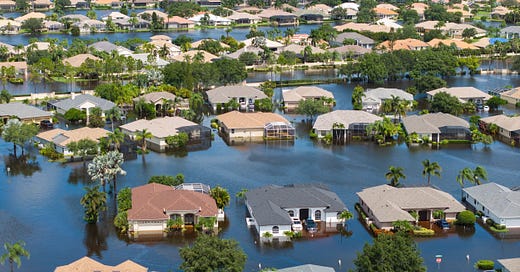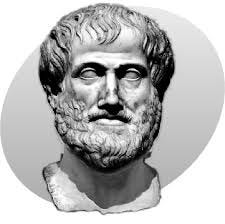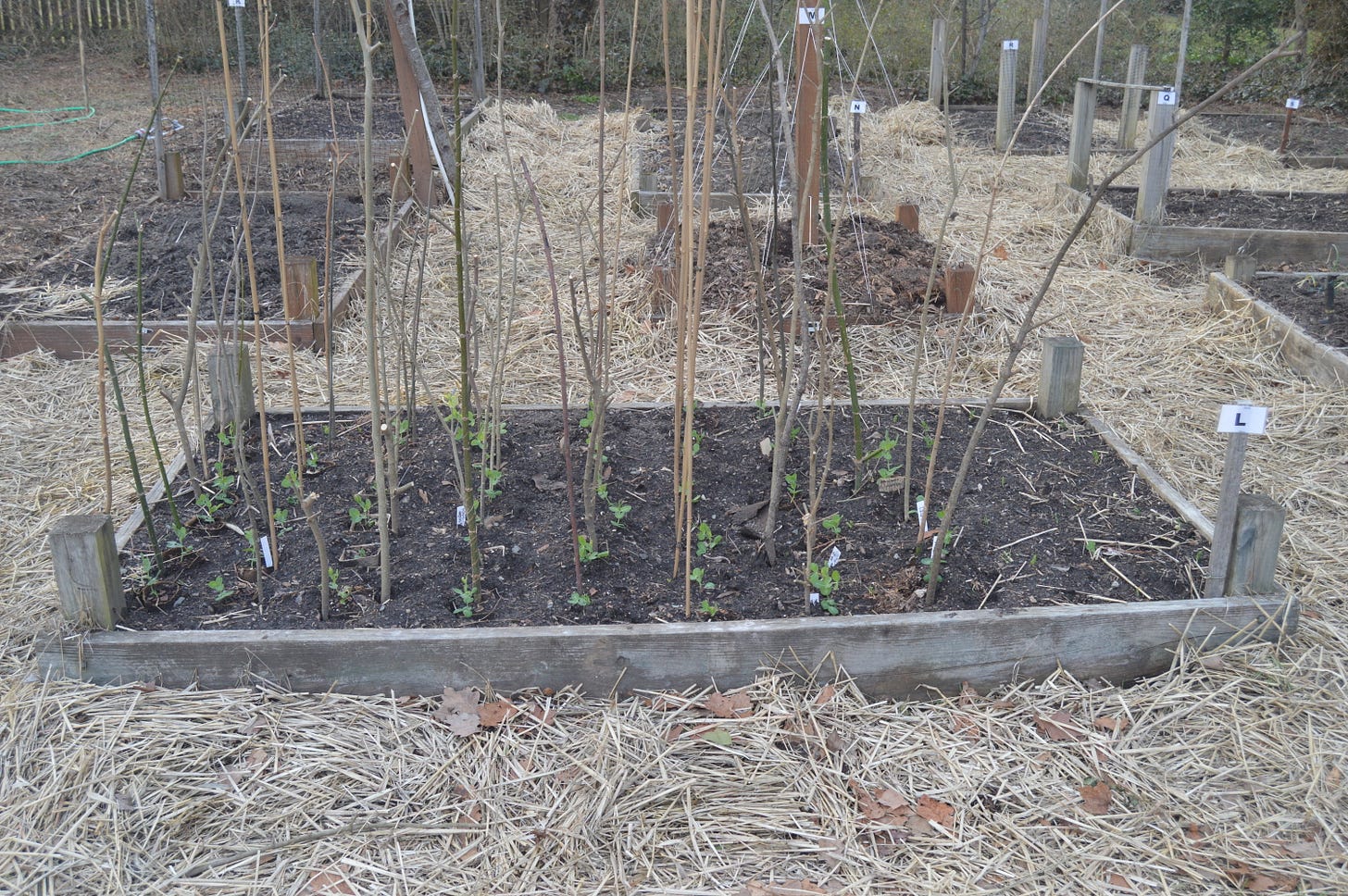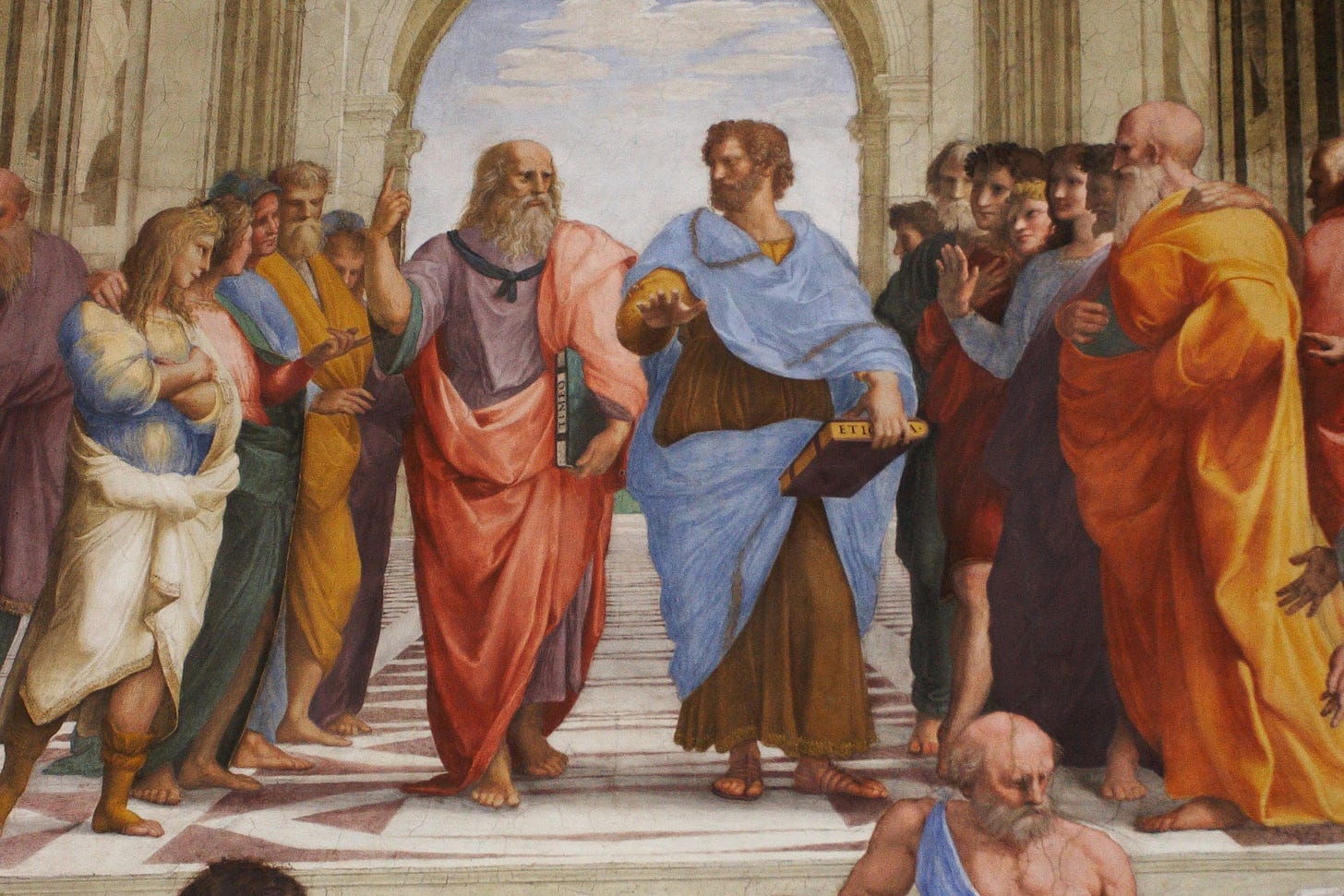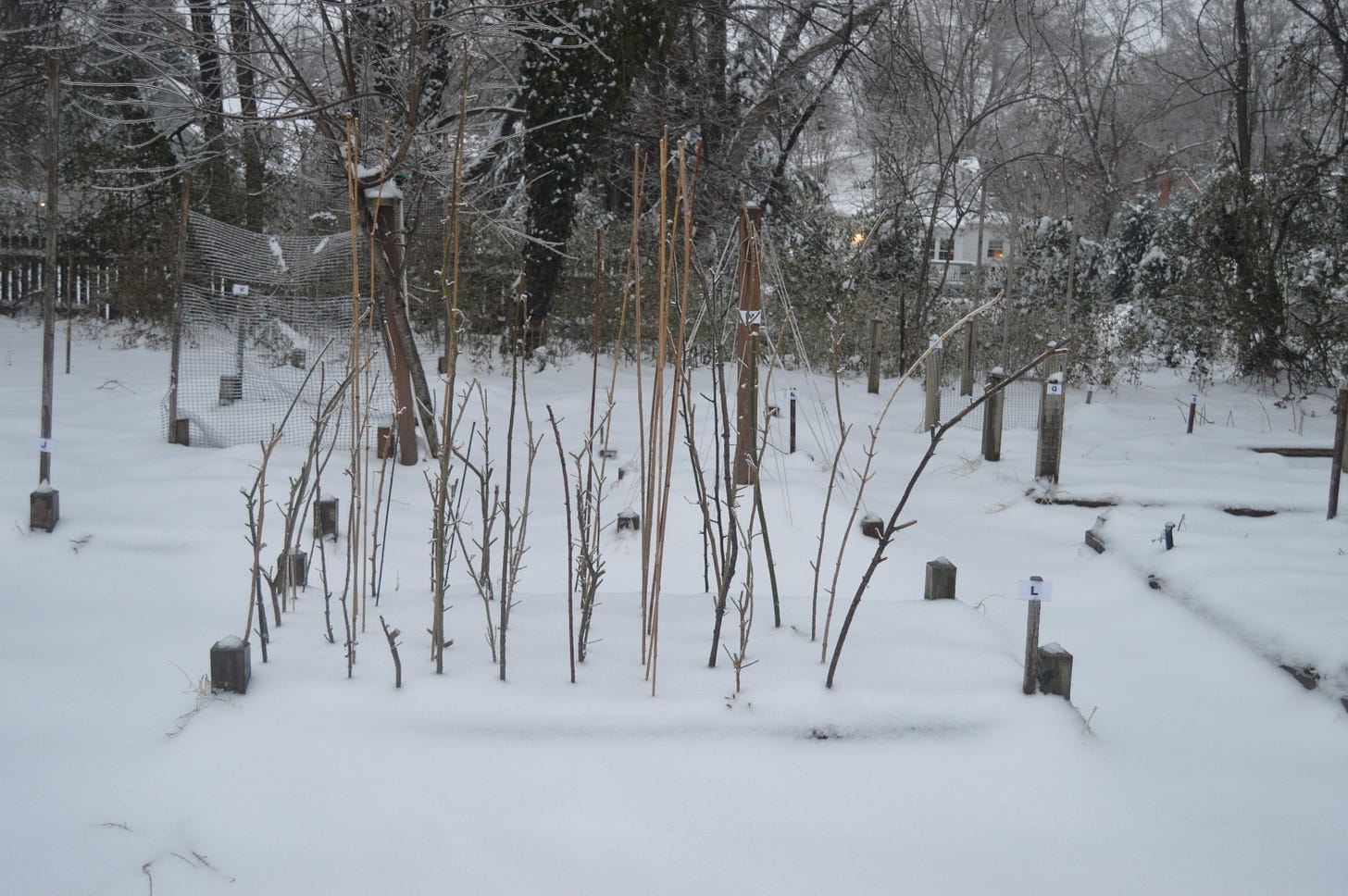Climate Change and Aristotle's Advice
As we have discussed in previous posts, it is clear by now that we are not going to voluntarily achieve Net Zero greenhouse gas emissions by the year 2050. But we still have a responsibility to adapt and to educate others.
In this post we discuss the meaning of the word ‘education’ in the context of climate change.
In his latest Crisis Report, Richard Crim discusses recent, alarming news to do with global temperature increases. However, the phrase in his post that caught my attention was,
None of the mainstream reporters seems to have any historical context for how things got to be way they are. They have spent their entire lives being taught “climate science” is SO complex that only a handful of specialists can understand it.
Crim identifies a crucial problem: climate science is treated as something beyond the comprehension of ordinary people. We frequently hear comments such as,
If you are not a climate scientist you are not qualified to comment on climate change.
Phrases such as this are dangerously misleading for the following reasons.
It is the responsibility of climate scientists to tell the community at large how the climate is changing. Climate scientists should explain their findings and conclusions in words that all can understand. It then becomes the responsibility of us all to act on that information.
Climate science is complex, but it is not an incomprehensible mystery. There are many uncertainties, mostly to do with feedback loops, but the broad conclusions are clear enough to any member of the public who is prepared to do a little homework.
Climate science is not a stand-alone topic ― it has many interfaces with other sciences, and with engineering and technology. Moreover, climate scientists themselves are divided into sub-specialties.
Aristotle
The above thoughts bring us to consider the topic of education. Aristotle (384–322 BC) said,
The educated differ from the uneducated as much as the living differ from the dead.
The sign of thorough knowledge is the ability to teach.
We are not doing a good job educating people about climate change and other Age of Limits issues. Therefore, it is useful to review what Aristotle’s thoughts to do with education.
Nearly three millennia ago he said that an educated person needs to be able to distinguish between sense and nonsense, even when he or she is not a specialist in any one area of knowledge. In fact, this is what is meant by the word educated.
General and Specialized Knowledge
While specialized knowledge, such as the details of climate science, is necessary, it should be complemented by philosophical and practical wisdom. Also, an educated person should grasp the underlying causes and principles behind a subject. This deeper understanding allows for flexibility and critical thinking.Ethics
Knowledge should be used for the good of society. Wisdom comes not just from knowing and interpreting facts, but by using them in a way that promotes justice and human flourishing.Interdisciplinary Approach
Wisdom comes from synthesizing knowledge across disciplines rather than being narrowly focused on one area.Practical Application
What a person learns should have a practical application.
Interdisciplinary Knowledge
If we are to truly educated with respect to climate change we need to understand a variety of scientific disciplines.
Recently a lady visited our church. She and her husband are committed to environmental issues. I casually mentioned that our understanding of environmental problems benefits from an understanding of the laws of thermodynamics. She immediately rejected the idea, probably because the topic is seen as being too technical and mathematical. Yet the three laws can be expressed in common sense phrases.
The First Law: There is no free lunch.
The Second Law: You cannot unscramble an egg.
The Third Law: Perfect is the enemy of good enough.
It is the responsibility of scientists, engineers and project managers to explain the nature of the crises that we face. Climate change is no exception.
Practical Knowledge
Aristotle said,
For the things we have to learn before we can do them, we learn by doing them; men become builders by building and lyre-players by playing the lyre.
I live in central Virginia. According to the State web site, the first frost for our area (Zone 7a verging on 7b) should be mid-October. We did have a few light frosts in October, but the first real freeze was in the third week of November ― four or five weeks later than expected. This appeared to be global warming in action. Therefore, I planted some cool weather crops (onions and peas) in the back yard.
But then, for a three-week period starting around Christmas Day 2024, we had a hard, continuous freeze. All the peas and most of the onions died.
So, I tried again. Below is a picture of the pea patch as of early February 2025. Will the plants survive? I have no idea; the climate is now so unpredictable.
The lesson here is that, in addition to reading and studying reports from climate scientists, we need to learn about how to respond to climate change through hands on activities such as gardening.
Below is a detail from the famous picture known as the ‘School of Athens’, painted by Raphael between 1509 and 1511. It shows Plato ― the idealist ― pointing upward to the heavens, while Aristotle ― the realist ― on his left is pointing down to the earth, i.e., to practical knowledge. Both approaches are needed.
Conclusion
I started this post by reviewing Richard Crim’s most recent report. He actually raises two concerns.
The first issue, which we have just discussed, is the inadequate education that most people have with regard to climate change.
His second concern is that, partly due to their lack of an appropriate education, members of the media are not informing their audience as to how serious the climate crisis may be. Whether he is correct in this assessment calls for his readers to be educated in the Aristotelian sense of the word. Our post Temperature Records provides some thoughts on this issue.
Post Script
At about the time I finished writing this post it started to snow. Here is an updated picture of the same pea patch under a few inches of wet snow.
Even this simple project to do with home gardening and cool weather crops highlights the difficulties that we face. The seasons are not where they used to be.


